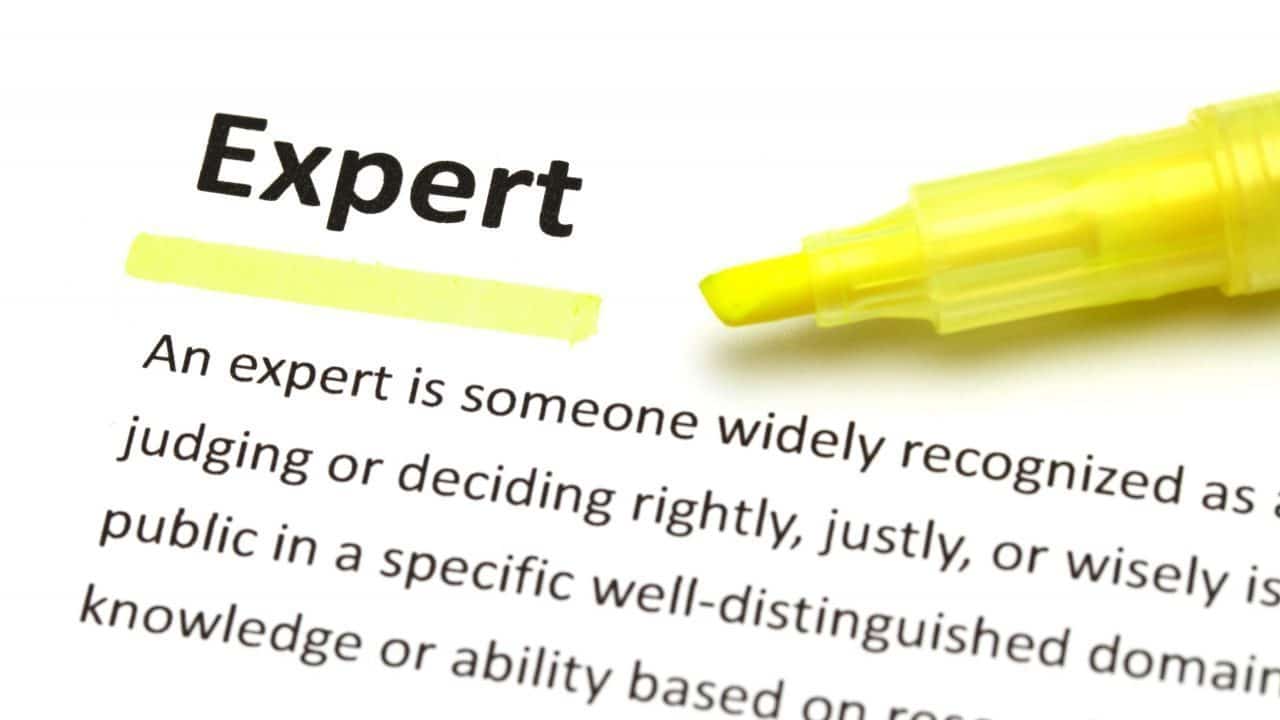Introduction
In today's competitive task market, the shift from class learning to real-world application is more vital than ever. Trainees and professionals alike are seeking ways to translate their work experiences into scholastic credits. This article checks out the complex procedure of assessing work experience for education credit, highlighting its significance in personal and professional advancement.
As we delve into this subject, we will discuss numerous elements of academic credential examination, global credential examination services, course-by-course credential examination, and how they associate with work experience assessment. Furthermore, we'll explore skilled opinion letters and organization strategy assessments as part of this multifaceted journey.
From Class to Career: Examining Work Experience for Education Credit
The bridge between class education Foreign Degree Evaluation and profession success often includes recognizing the worth of practical experience. Numerous students accumulate substantial work experience throughout internships or part-time tasks that may not be officially acknowledged by universities. However how can one ensure that these experiences count toward their scholastic credentials?
Why Evaluate Work Experience?
Evaluating work experience is important for a number of factors:
Recognition of Skills: It verifies the abilities obtained through hands-on experiences. Enhanced Employability: Companies increasingly seek candidates with useful understanding together with official education. Personal Growth: Recommendation of past experiences boosts self-confidence and motivates lifelong learning.Types of Credential Evaluation
Understanding the various kinds of credential evaluations readily available can help individuals browse this procedure effectively.
Academic Credential Evaluation
Academic credential evaluation assesses foreign academic credentials against developed requirements in another nation. This process is crucial for global students or employees intending to prove their academic background.
International Credential Evaluation Services
These services focus on evaluating foreign credentials and determining their equivalency in the host country's academic system. They supply reports that describe the level and kind of education got abroad.
Course-by-Course Credential Evaluation
This comprehensive analysis breaks down each course taken throughout a degree program, using insights into grades made and credit hours finished. It's especially helpful for trainees wanting to move credits in between institutions.

Work Experience Evaluation
Work experience assessment acts as a technique to formally assess non-academic skills gained through work or volunteer activities. Here's how it works:
Documentation: People need to collect paperwork such as task descriptions, efficiency evaluations, and any appropriate certifications. Comparative Analysis: The critic compares this info versus established educational competencies. Outcome: The result may result in academic credits awarded based on shown understanding and skills.The Function of Professional Viewpoint Letters
A professional viewpoint letter can boost your case when seeking credit for work experience. These letters typically originate from market experts who can attest to your abilities and contributions in a particular field.
What Ought to an Expert Opinion Letter Include?
- An overview of your role in the organization Specific abilities you developed How your experiences connect to scholastic outcomes
Having a professional back your capabilities not only provides credibility but also enhances your overall portfolio when getting sophisticated research studies or positions.
Business Plan Evaluation as a Learning Tool
Creating a service strategy can be an excellent method to showcase your understanding of theoretical ideas used in real-world scenarios. A thorough examination of a company plan may highlight proficiencies such as strategic thinking, monetary planning, and market analysis.
FAQs
1. What types of work experiences receive scholastic credit?
Typically, work experiences that straight connect to your field of study or show transferable abilities are qualified for academic credit.
2. How do I find global credential evaluation services?
You can browse online directories or speak with educational institutions that often have partnerships with reputable credential evaluators.
3. Is there a charge related to obtaining an expert opinion letter?
Yes, lots of experts charge for their time spent composing these letters; nevertheless, some may provide them pro bono depending on the situation.
4. Can I receive credit for unsettled internships?
Absolutely! Unpaid internships frequently offer vital experience and can be examined likewise to paid positions.
5. For how long does the credential evaluation process take?
The timeline varies based upon the service utilized however usually ranges from a couple of weeks to numerous months.
6. Are there particular files needed for course-by-course evaluations?
Yes, you will need records from all post-secondary institutions participated in, along with detailed course descriptions when possible.
Conclusion
Transitioning from class knowledge to career readiness needs acknowledging the importance of practical work experiences in education credit assessments. As we have explored in Informative post "From Class to Profession: Assessing Work Experience for Education Credit," both students and professionals stand to acquire significantly by leveraging their real-world experiences towards their academic goals.
By making use of numerous forms of assessments-- be it through scholastic credential assessments or expert opinion letters-- people can improve their qualifications while promoting lifelong learning concepts that adhere carefully to today's vibrant workforce demands.
In summary, embracing both theoretical knowledge from classrooms together with experiential learning gotten through professional engagements produces well-rounded prospects ready to tackle the obstacles ahead in their careers.